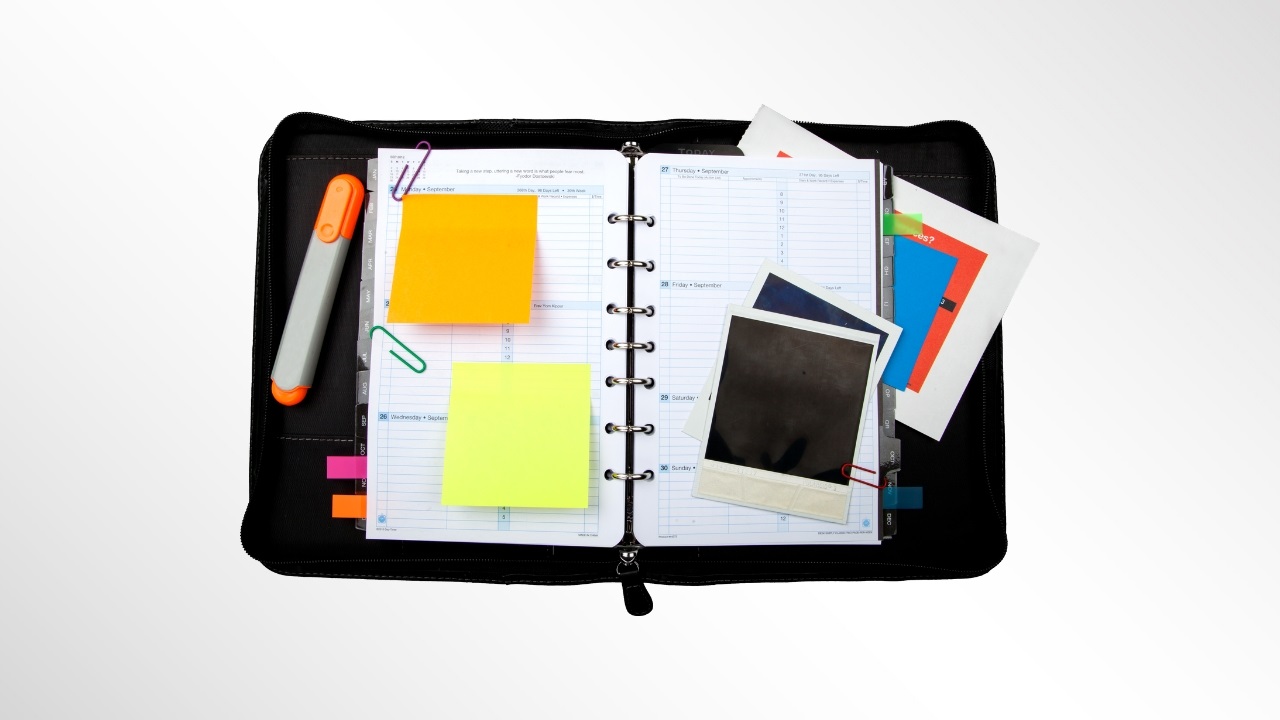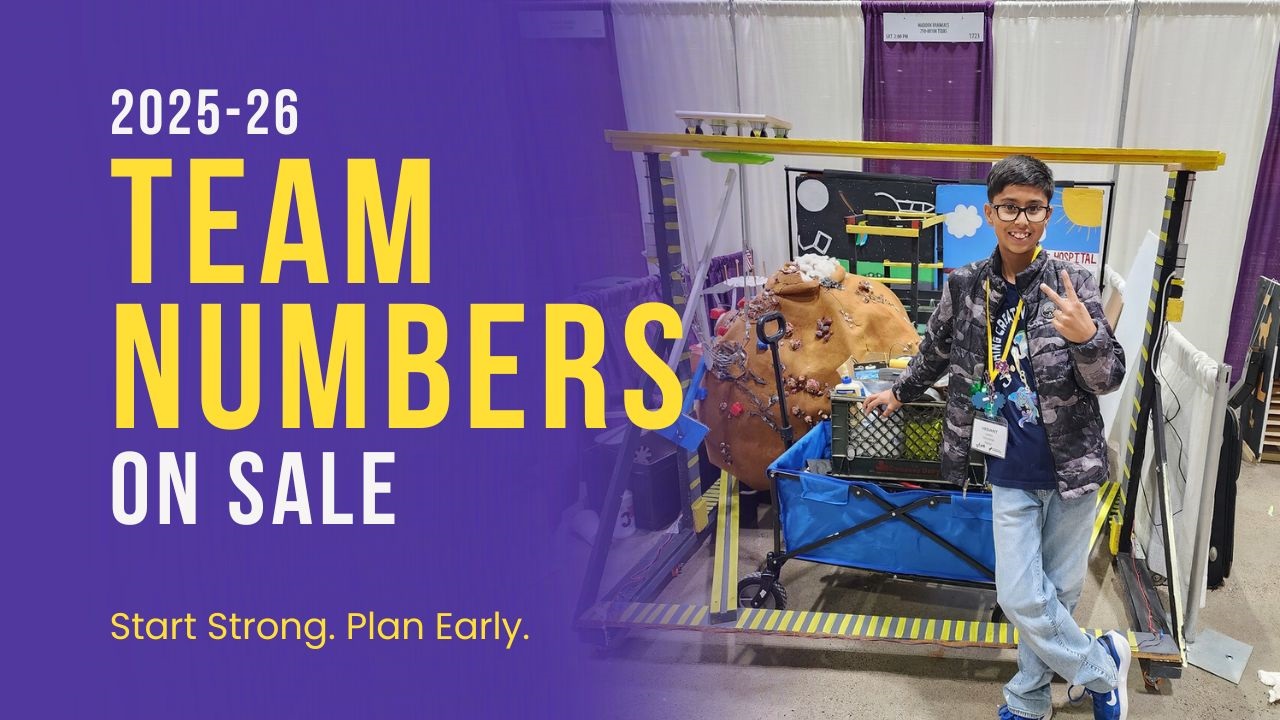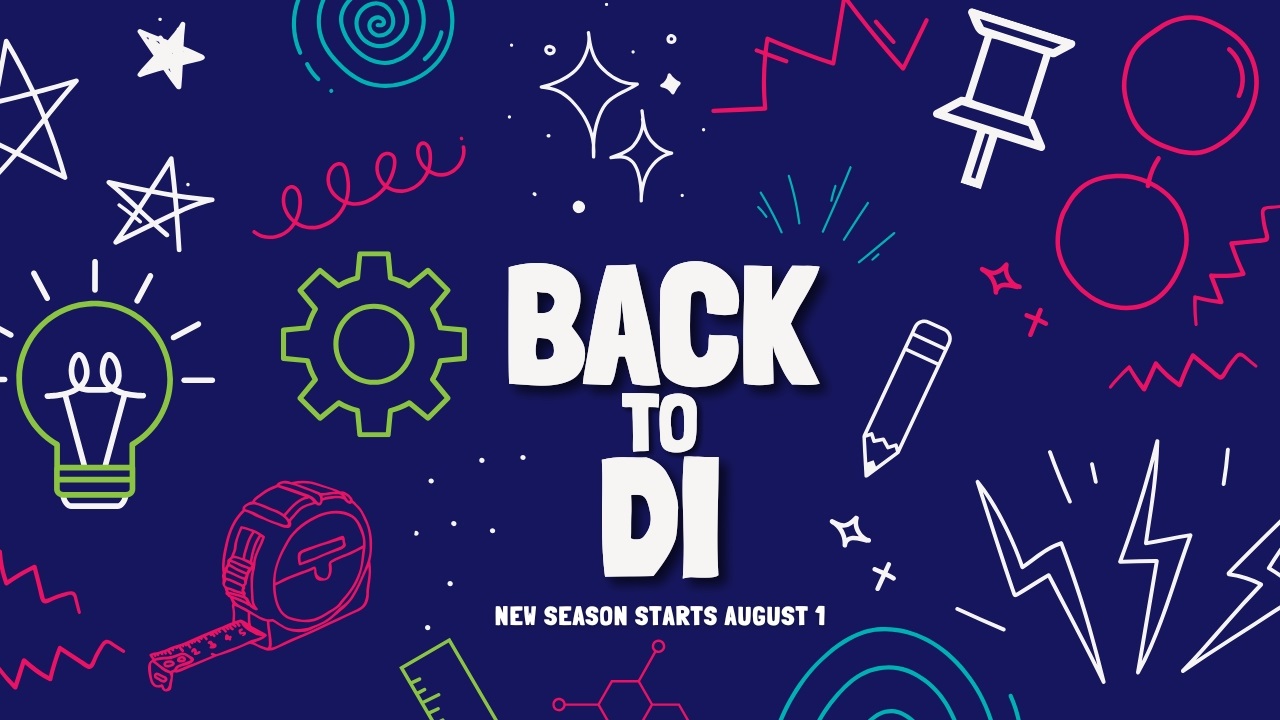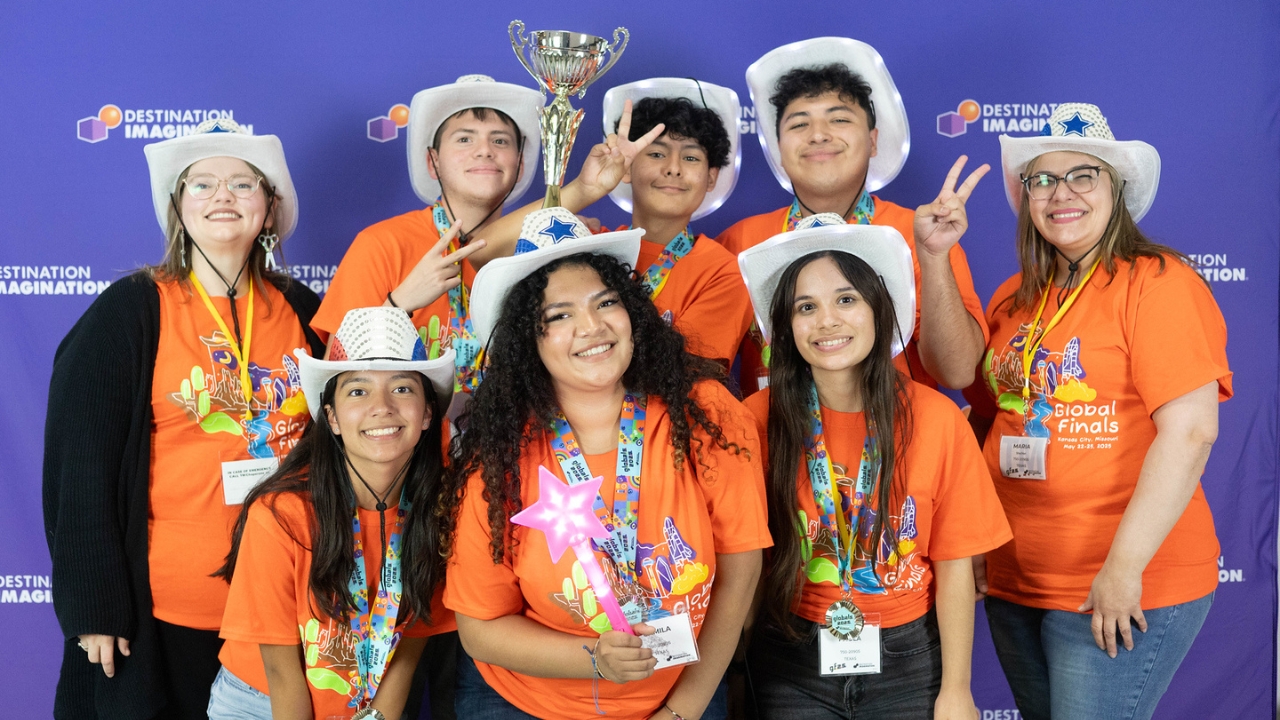By Ruth Dargay
Congratulations! You’ve got your team members and are ready to get started in your role as a Team Manager…but where to begin? If you’ve ever been a Girl Scout or Boy Scout leader, you know that meetings run more smoothly when you’ve done some prep work ahead of the meeting and this holds true for Destination Imagination (DI) team meetings as well. If you’re organized, your team will be more organized and productive too.
My meetings typically end up running in this fashion:
- Snack
- Improv Game(s)
- Central Challenge Work
- Instant Challenge Practice
Typically, I set aside about 15 minutes for snack time and chitchat. Some years I have provided the snack and some years I have asked parents to provide it. Each method has its benefits. For example, when I provide the snacks, I know the meetings start on time. If a parent providing snacks arrives late, then our meeting gets started late. But no matter how you decide to provide the snack, food is an excellent catalyst for building camaraderie and productivity.
The next thing that I prep for are some quick improv games (even if we aren’t participating in Improv for our Central Challenge) because it creates fun memories and also helps the kids stretch their imaginations. One game that I enjoy setting up for them is one that I call “This isn’t a ________. It’s a __________” The premise of the game is to take an everyday object and imagine it to be something entirely different. For example, a wooden spoon isn’t a spoon; it’s a part of a catapult for an ant or it’s a conductor’s baton. Team members form a circle and I’ll hand them the object. Each team member has to quickly think of a different use for the object. They usually go around the circle four or five times per item. The game helps them learn how to think quickly outside the box, as well as how to build off of each other’s ideas. My prep for this game is simply to gather six to eight different objects to use before the meeting.
Another fun and easy-to-prep improv game is Tape Ball. For this game, you will need to form masking tape into a softball-sized sticky tape ball. The team members form a circle and gently tap the ball around the circle, trying to keep it up in the air for as many taps as possible. This game asks the team to be thoughtful in the way that they work together: they shouldn’t tap the ball out of someone’s reach which would put their teammate (and hence the team) in a position where they can’t succeed. All of my teams have enjoyed playing this game whether in elementary or high school.
The improv games are a quick, but important, part of our meetings. It works best if I’ve made a list of which games we’re going to play before each meeting to keep the games fresh and to ensure that I have the needed supplies on-hand at the meeting.
Once everyone is relaxed and focused, we begin the crux of the meeting—working on the Central Challenge. Depending upon how much time is left until the tournament, this may mean discussing and analyzing the research that the team members have completed or writing and re-writing the script or building the set and props. The final stages of the Central Challenge prep may involve practicing, building and sometimes re-writing every time that the team meets.
In my experience, the phase that’s the hardest for teams to complete is the research phase because many kids aren’t super interested in pushing through this drier part of the process. To keep them on task, I make sure that everyone has a copy of the Challenge at each meeting and that they keep referring to the things that they have decided that they need to learn in order to solve the Challenge. I teach them to ask themselves “Is there anything more that we need to learn about _______ in order to start writing our script?” At times, it’s been amusing to watch the process. Team members often think that their own amount of research is “enough” while simultaneously thinking that everyone else needs to do more work. When tensions arise with team members, it is our job as the Team Manager to ask open-ended questions to keep them moving forward to their goal.
When your team is working on their Central Challenge, keep referring to the Challenge guidelines. The Challenge guidelines are your friend as a Team Manager! Eventually, the team will know them by heart and will refer to them when writing and building, and then one day, you will burst with pride when you see that they are actively thinking about their Challenge based upon the guidelines.
The last thing that we work on in a typical team meeting is Instant Challenge (IC) practice. As the tournament approaches, there will be meetings when you might need to skip or shorten an IC session due to the amount of work left to do on the Central Challenge. However, your team should try to practice Instant Challenges at every meeting. Being skilled in a variety of different ICs is extremely important! If you feel like it might be difficult to find a natural break point from the Central Challenge work, flip the order of your meeting and do the IC practice first.
I have approached getting the Instant Challenges together similarly to the way I have the snack provide. Sometimes I get the ICs together, and sometimes I ask parents to provide them. Just like the snack scenario, each way has both benefits and downsides. For example, if I provide the ICs, I have the benefit of knowing exactly what types of ICs the team really needs to work on. However, choosing ICs and gathering up the required materials meeting after meeting gets tiresome. It’s okay to try one system and then switch to another. You’ll figure out which way works best for you and for your team.
As a Team Manager, your role is to provide the framework so that the team can grow and learn together. If you approach each meeting with some sort of structure, the team will know what is expected of them, and they will develop their own successful strategies.
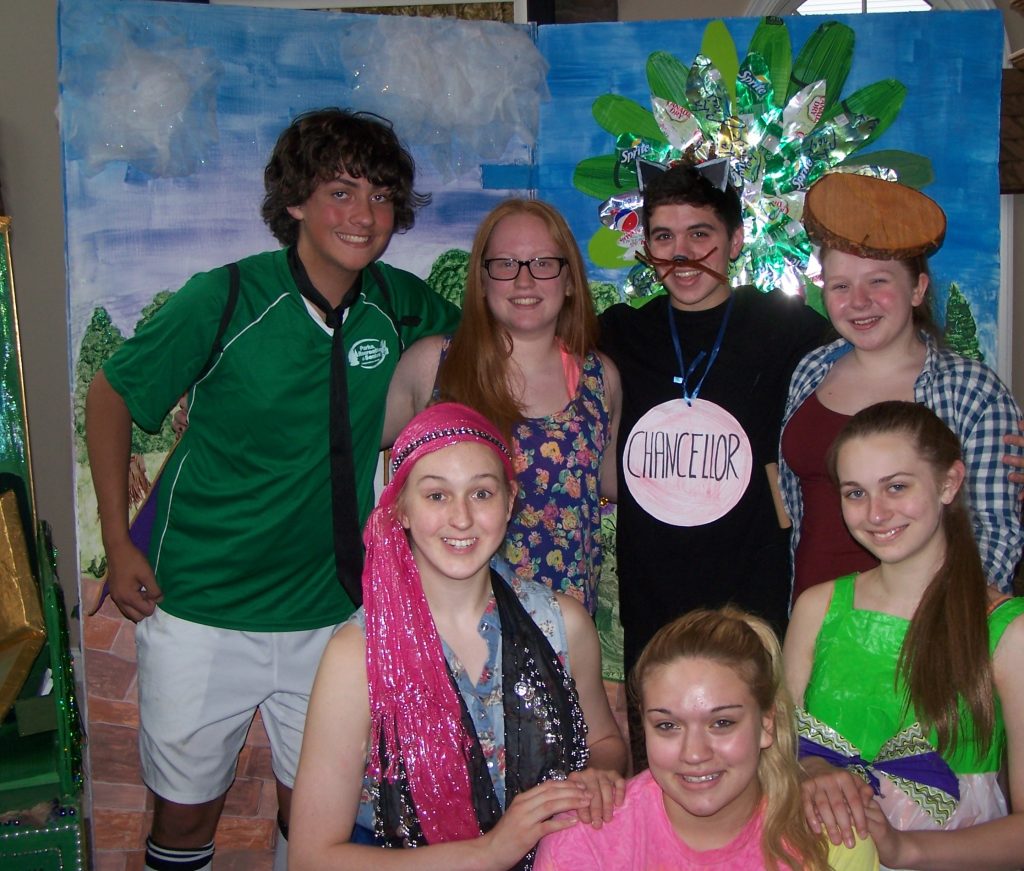
About the Author: Ruth Dargay has been a Team Manager for 10 years. She enjoys mentoring new Team Managers and creating her own Instant Challenges for her teams to solve.
